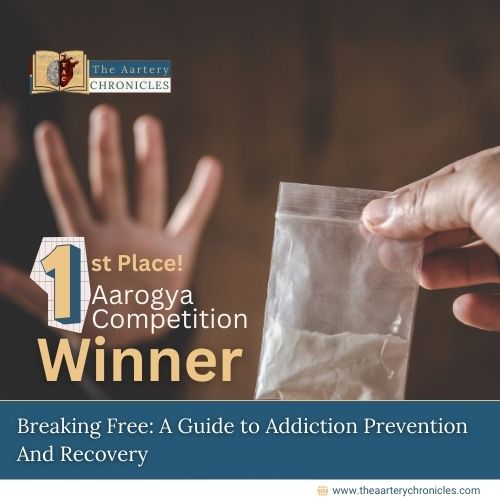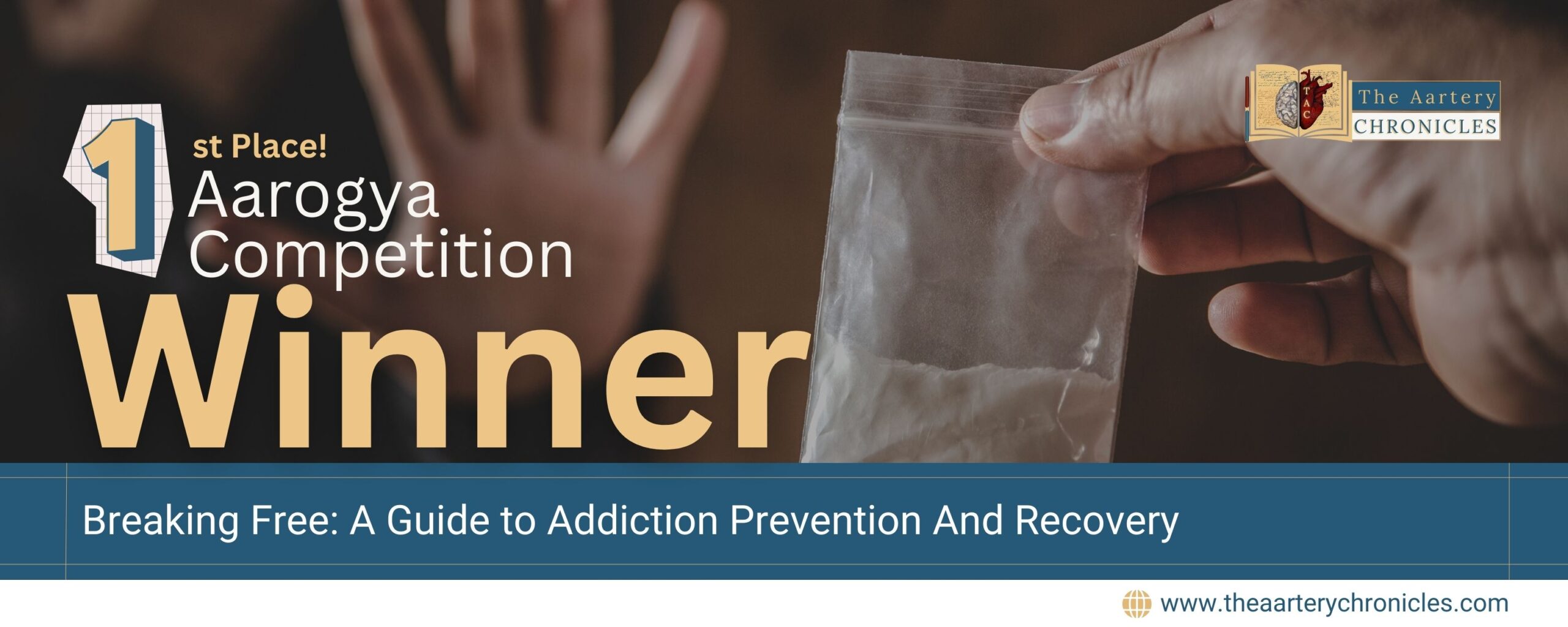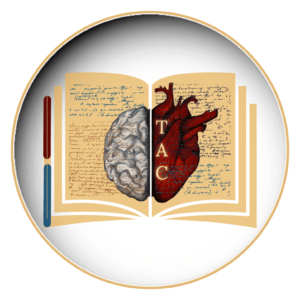

Breaking Free: A Guide to Addiction Prevention And Recovery
Introduction
In a world where more than 270 million people have experimented with drugs in the past year, addiction is a looming crisis that knows no boundaries. The need for robust addiction prevention, effective recovery strategies, and strong support groups has never been more pressing. This article aims to shed light on this critical issue, offering insights, guidance, and hope to those affected by addiction and the surrounding communities.
Understanding Addiction
Before delving into prevention and recovery, it is essential to comprehend addiction’s intricacies. Addiction is not merely a moral failing; it’s a complex disease that affects the brain’s functioning. Factors such as genetics, environment, and psychological traits can contribute to the development of addiction. Recognising that addiction is a health issue is the first step toward addressing it effectively [1].
Addiction Prevention
- Education and Awareness: The foundation of addiction prevention lies in education and awareness. Public campaigns, school programs, and community initiatives should inform people about the dangers of drug use. Knowledge is power, and it can deter experimentation [2].
- Early Intervention: Identifying risk factors and early signs of substance abuse is crucial. By intervening at the early stages, we can prevent addiction from taking hold. Family members, friends, and professionals play a vital role in this process [3].
- Accessible Mental Health Services: Ensuring that mental health services are accessible and affordable is key to addiction prevention. Many individuals turn to drugs as a coping mechanism for untreated mental health issues [4].
Recovery Strategies
- Medical Treatment: Individuals grappling with addiction frequently require medical intervention. Medications, detox regimens, and rehabilitation facilities can assist in alleviating withdrawal symptoms and curbing cravings [1].
- Therapeutic Approaches: Behavioral therapies, such as Cognitive-Behavioral Therapy (CBT) and Motivational Interviewing, can help individuals change their thought patterns and behaviours, addressing the root causes of addiction [1].
- Supportive Lifestyle Changes: A comprehensive method for achieving recovery encompasses embracing a well-balanced way of life. Consistent physical activity balanced dietary choices, and sufficient rest can contribute to healing [1].
Support Groups
- Twelve-Step Programs: Groups like Alcoholics Anonymous (AA) and Narcotics Anonymous (NA) provide a structured, peer-led environment where individuals can share their experiences and find support [6, 7].
- SMART Recovery: SMART Recovery offers an alternative to twelve-step programs, focusing on self-empowerment and self-reliance in overcoming addiction [8].
- Online Communities: In the digital age, online support groups and forums have become invaluable resources. They offer anonymity and convenience for individuals seeking support [8].
Conclusion
Addiction is a prevalent global concern that disrupts the lives of millions. However, it’s a battle that can be won through a combination of prevention, recovery strategies, and support groups. By understanding the nature of addiction, taking proactive prevention measures, and accessing the right resources for recovery, we can empower individuals to break free from the chains of addiction and rebuild their lives.
In this ongoing fight against addiction, it’s essential to remember that recovery is possible, and no one is alone on this journey. Together, we can create a world where addiction’s grip weakens, and the path to recovery is well-lit with hope and support.
- Volkow ND, Koob GF, McLellan AT. Neurobiologic advances from the brain disease model of addiction. New England Journal of Medicine. 2016;374(4):363–71. doi:10.1056/nejmra1511480
- Principles of Drug Addiction: A Research-based guide (Third edition) [Internet]. [cited 2023 Oct 21]. Available from: https://nida.nih.gov/sites/default/files/podat-3rdEd-508.pdf
- SAMHSA C for BHS and Q. Key substance use and mental health indicators in the United States:results from the 2019 National Survey on Drug Use and health [Internet]. [cited 2023 Oct 21]. Available from: https://www.samhsa.gov/data/sites/default/files/reports/rpt29393/2019NSDUHFFRPDFWHTML/2019NSDUHFFR090120.htm
- World Drug Report 2023 [Internet]. [cited 2023 Oct 21]. Available from: https://wdr.unodc.org/wdr2020/index.html
- Understanding drug use and addiction drugfacts [Internet]. U.S. Department of Health and Human Services; 2023 [cited 2023 Oct 21]. Available from: https://nida.nih.gov/publications/drugfacts/understanding-drug-use-addiction
- Have a problem with alcohol? there is a solution. [Internet]. [cited 2023 Oct 21]. Available from: https://www.aa.org/
- Narcotics Anonymous [Internet]. [cited 2023 Oct 21]. Available from: https://na.org/
- Smart Recovery [Internet]. 2023 [cited 2023 Oct 21]. Available from: https://www.smartrecovery.org/

Hafsahbanu Patel
MRes Medical Student
University of Lancashire
Uniki Bishkek








